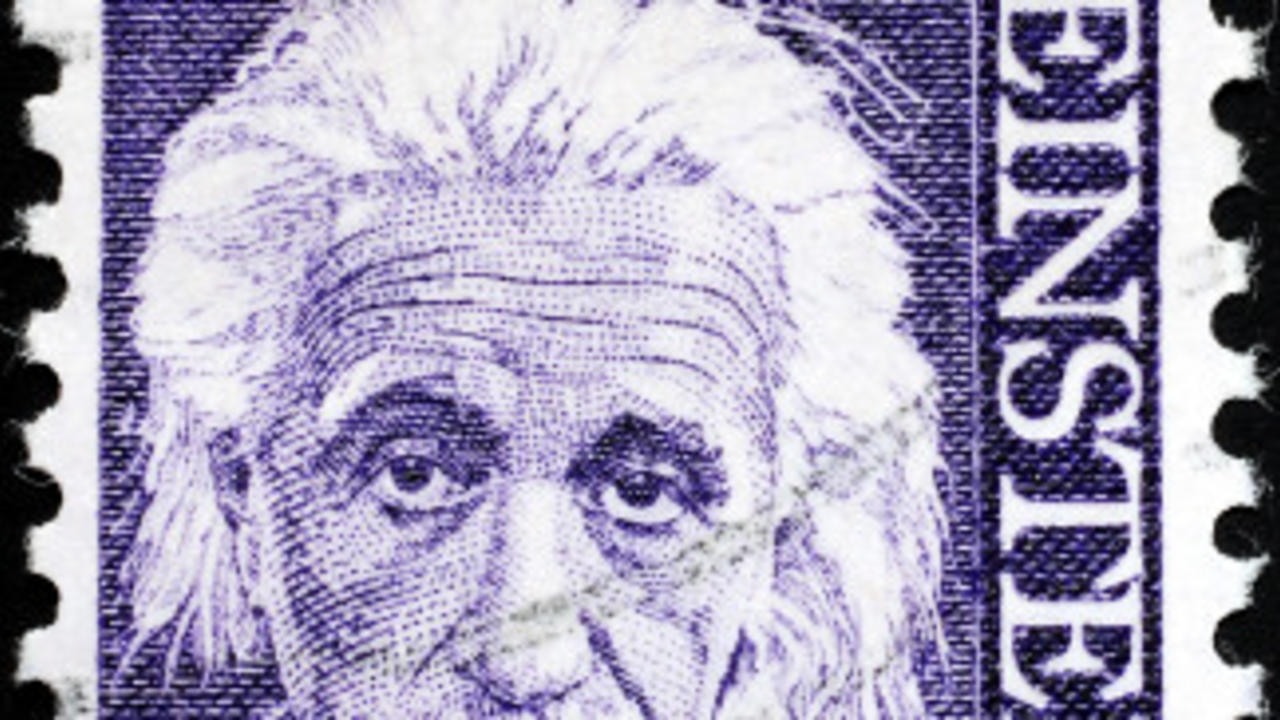Say Goodbye to the 'Eighth Wonder of the World'

Retirees are great travelers, wanting to see as much as possible before airline carbon credits get too expensive. One thing they most likely won't be seeing in retirement is the 'Eighth Wonder of the World'. Mark my words, this is one of the most important articles I will ever write and that you will ever read. It is the key to understanding the difficulty of retirement financing.
Albert Einstein referred to compound interest as the Eighth Wonder of the World. Interest compounds when the interest in savings in one period itself earns interest in successive periods. It takes time to get going, but once it does, the account balance literally takes off and increases exponentially. Before retirement, when you are earning and saving, compound interest is working for you, increasing your wealth.
Compound interest, and reinvesting your returns, results in some big numbers over time. Inflation also compounds, robbing those numbers of real purchasing power. With investments that return more than the rate of inflation, you still come out ahead, entering retirement in great shape financially, with a large nest egg.
Here's the key point: when you hit retirement, for most of you, compound interest stops working.
Let's look at an example.
You have $1,000,000 invested with a steady 7% return (7% returns aren't risk-free, but let's ignore that for now). That's $70,000 a year income, not too shabby. Your strategy is to spend only the income, and not touch the principal, your nest egg.
That 7% return was before fees - your advisor, the 12b-1 fees, the commissions, or whatever. Let's say these amount to 1.4%, so our net return is 5.6%
Don't forget taxes: let's say just 15% for Federal and 5% state, amounting to another 1.1% of your 7% return. Our net-net return is down to 4.5%
That's still $45,000 per year, so if you can live on this, you are set, right?
Not so, I'm afraid - your nest egg will go into decline because of the compounding effect of inflation working against you. What will happen is shown in Figure 1 (see Table for details).
To maintain your standard of living, you have to factor in the long-term inflation rate of 2.8% (and some would say their personal rate of inflation is far higher than this). For your income from the million dollars to maintain its real value over the next 30 years, you can only spend $32,000 a year. If you spend less than $32,000, compound interest continues to work for you. However, if you need to spend more than the net-net-net return (return after fees, taxes and allowance for inflation), effectively you are withdrawing principal, i.e. decreasing the money available to generate future income at a rate which increases each year until it shrinks your nest egg precipitously.
What can you do?
1) Take more risk to try to increase the rate of return. Increasing the rate of return will lift the bottom line, but exposes you to potential losses in a bad year. Increased risk means more volatility in your investments, something most retirees are emotionally ill-equipped to handle. Using asset allocation helps.
2) Reduce fees. Definitely something to look into! Every little bit helps your bottom line. The best way to look at this is to ascertain the net return after fees from your various investment advisors (which may include you, if your investments are self-directed). Warning: it's not easy to discover all the fees you are paying; most financial service providers hold their cards close to their chest.
3) You can reduce the tax rate you pay by doing some tax planning (this is an important part of my retirement distribution service).
Unfortunately, inflation and tax rates are out of your personal control (in fact, we can expect the Long Term Capital Gains tax rate of 15% to increase in coming years, perhaps to income tax rates like 25% or 28%).
The fact is, many of you will be withdrawing principal from your investment accounts during retirement and potentially be subject to the effect shown in Figure 1. This is what makes retirement planning so challenging, and why professional software and advice are so valuable.
Here's the key point: when you hit retirement, compound interest stops working for you
Stay connected with news and updates!
Join our mailing list to receive the latest news and updates from our team.
Don't worry, your information will not be shared.

